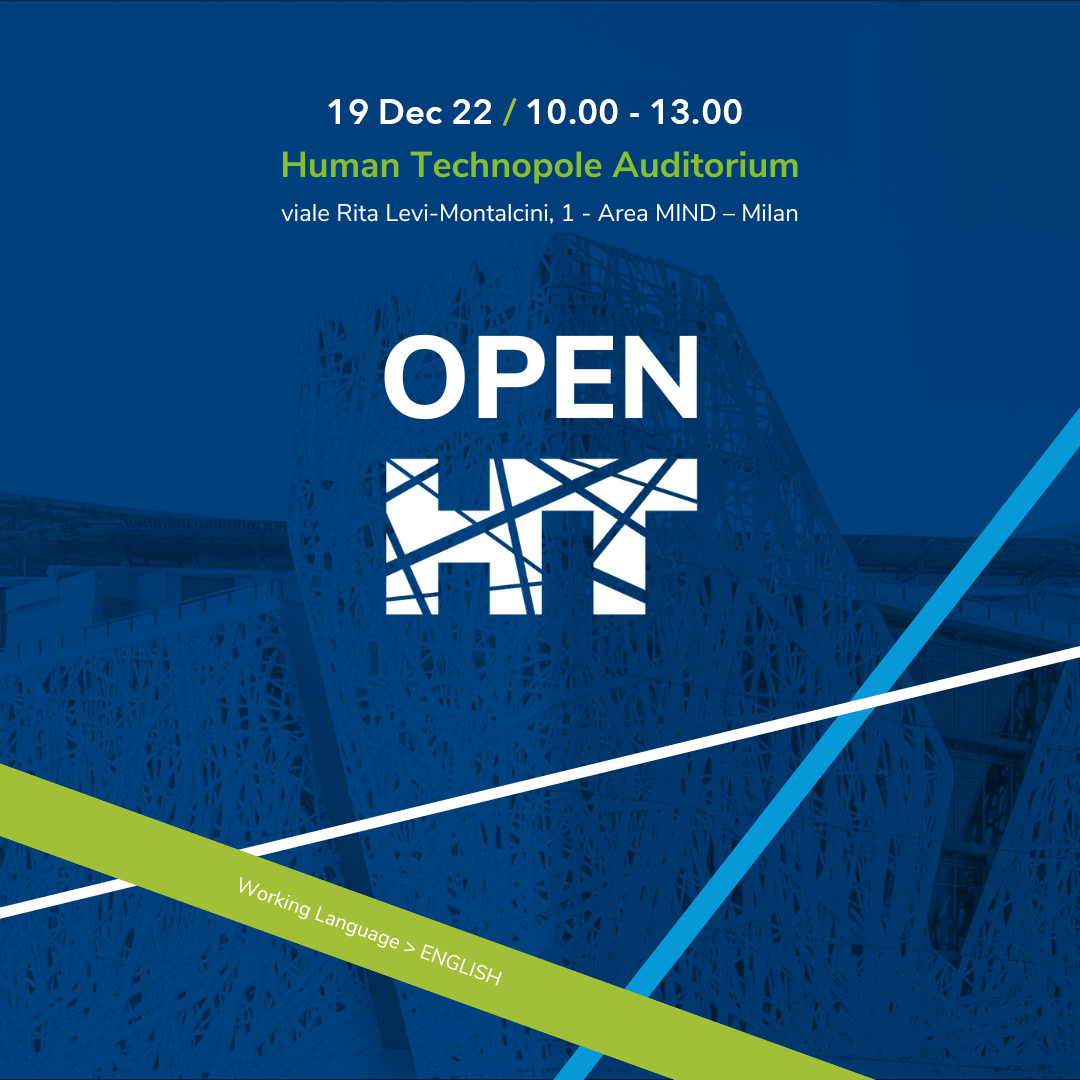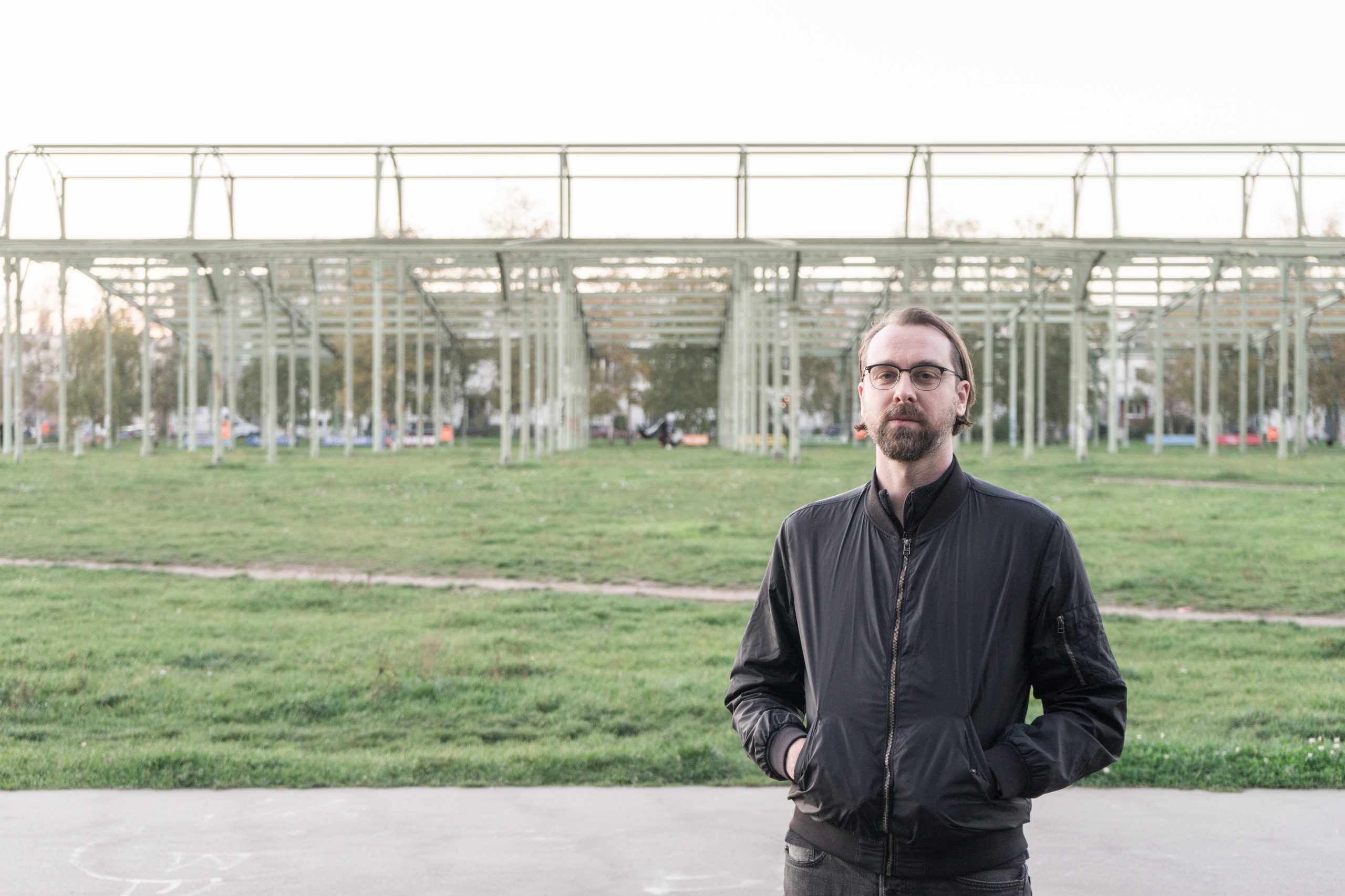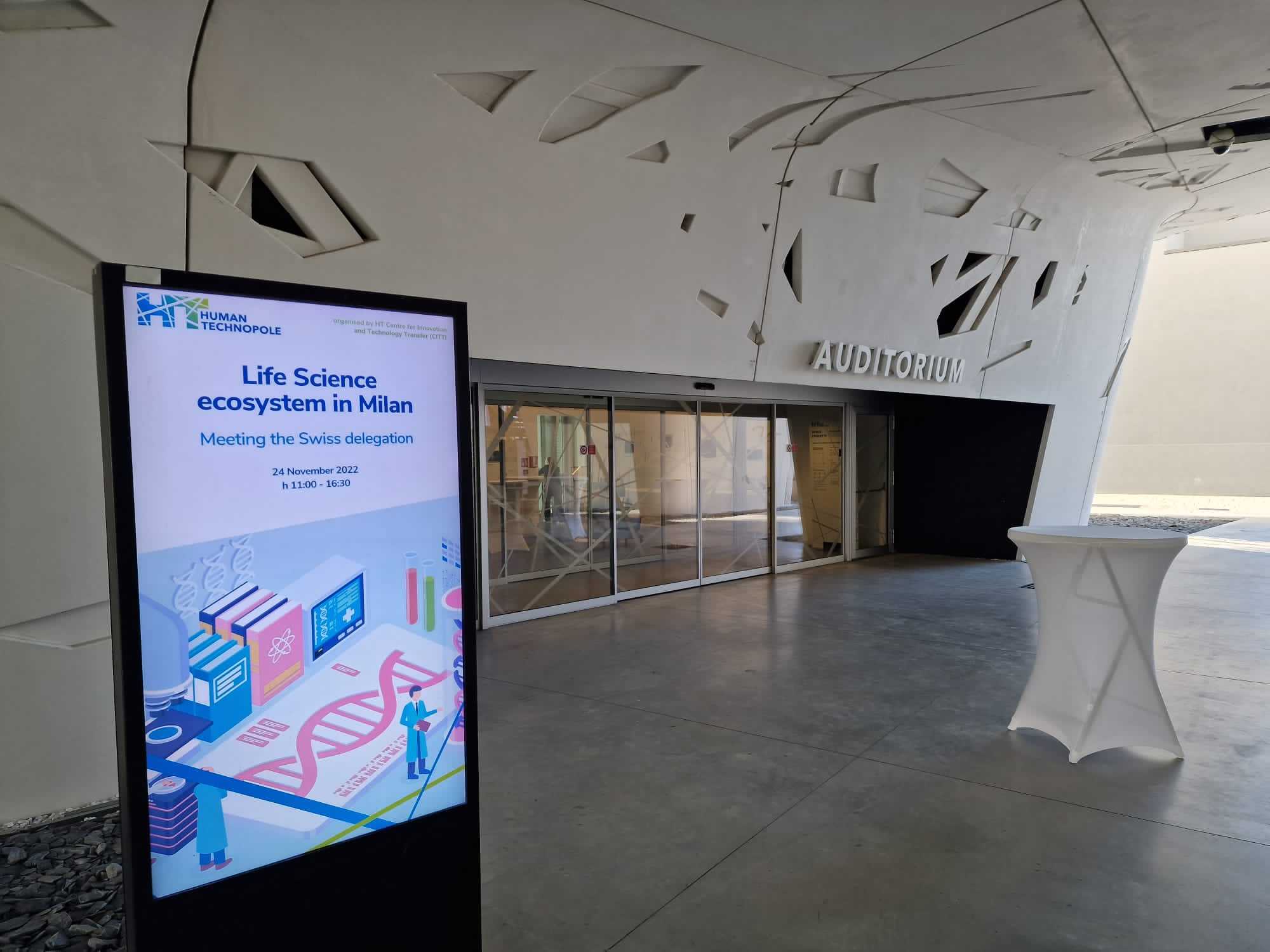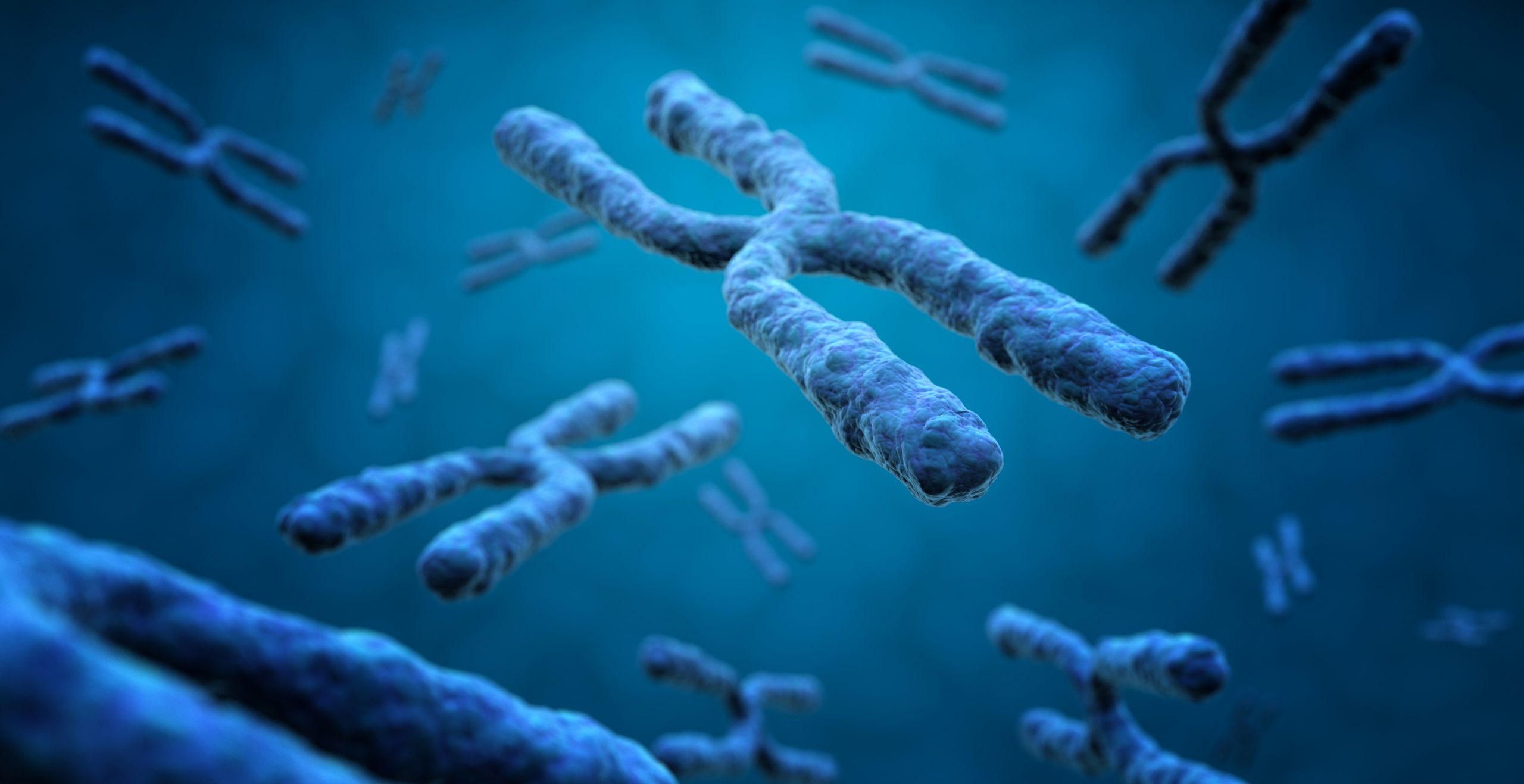OPEN HT: a dialogue with the scientific community
Today Monday 19 December from 10.00 a.m. in the Human Technopole Auditorium at MIND Milano Innovation District OPEN HT took place. The event represented an opportunity for dialogue between the life sciences Institute and the national scientific community. The initiative was also the occasion to share the developments of Human Technopole as detailed in the […]
Introducing Ivano Legnini
Ivano Legnini is an Italian molecular and systems biologist interested in gene regulation. He currently lives in Berlin, working at the Max Delbrück Center – Berlin Institute for Medical Systems Biology, in the lab of Nikolaus Rajewsky. Ivano did his PhD in the lab of Irene Bozzoni at Sapienza University of Rome, where he also […]
Life Science ecosystem in Milan: meeting with Swiss delegation
The Centre for Innovation and Technology Transfer (CITT) at Human Technopole and the Swiss diplomatic representation in Italy, in collaboration with YES MILANO, organised a day-long meeting between Swiss and Italian players working in the field of life sciences. The initiative followed a study tour that CITT experienced in Switzerland in June 2022 to get […]
How APOE4 affects human brain in Alzheimer’s disease
Apolipoprotein E (APOE) is a small protein encoded by the APOE gene regulating lipid homeostasis in mammals. The e4 variant of the APOE gene (APOE4) is associated with an increased risk of developing Alzheimer’s disease (AD) in mammals. A Nature study co-authored by Jose Davila-Velderrain reveals cell-type specific effects of APOE4 on cholesterol metabolism and […]
Measuring chromatin compaction with FRET-FISH
DNA intercalating dyes and massively sequencing techniques are traditionally used to study nuclear chromatin compaction. These tools, however, do not allow for direct measurement of chromatin compaction of individual loci. Nicola Crosetto and Magda Bienko combine fluorescence resonance energy transfer (FRET) with DNA fluorescence in situ hybridization (FISH) to assess the level of chromatin compaction […]




